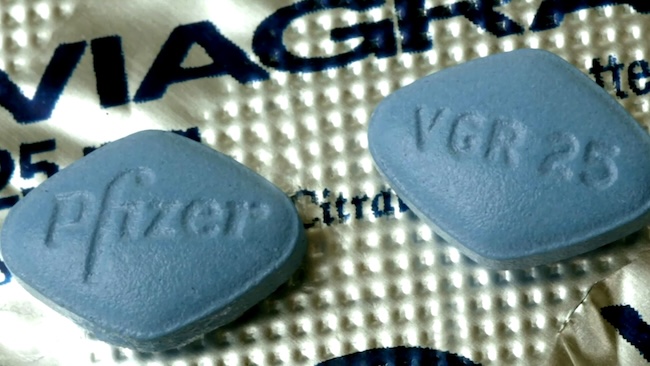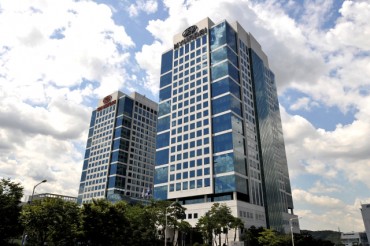SEOUL, Jun. 4 (Korea Bizwire) – Pharmaceutical and biotechnology companies at home and abroad are striving to recreate the value of their products by expanding the therapeutic areas they can be used for, known as new indications.
In March, the U.S. Food and Drug Administration approved the obesity drug Wegovy, made by the Danish company Novo Nordisk, for the prevention of cardiovascular problems as well.
Novo Nordisk is currently conducting clinical trials to apply Wegovy for liver disease, and the American drugmaker Eli Lilly is also running trials for its obesity medication Mounjaro in cardiovascular disease.
It’s no overstatement that the pharmaceutical industry has grown through identifying new efficacies for existing drugs. Pfizer’s Viagra was initially developed as a heart medication before its unintended effect for treating erectile dysfunction was discovered. Obesity drugs, too, were originally diabetes treatments before their weight loss benefits emerged in trials.
Pfizer’s Minoxidil, considered the original hair loss treatment, was first a blood pressure medication until excessive hair growth was observed as a side effect in clinical testing, prompting its reinvention.
Expanding indications is attracting attention as a low-cost way to recreate a drug’s value. Since existing approved drugs are utilized, the Phase 1 trials assessing human toxicity are waived, allowing development from Phase 2 onward. Patents can also be extended with new uses, solidifying market position.

Pfizer’s Viagra was initially developed as a heart medication before its unintended effect for treating erectile dysfunction was discovered. (Image: Pixabay/CCL)
Advancements in biotechnology like AI platforms are expected to contribute not just to identifying new protein candidates, but also uncovering diverse therapeutic effects.
Domestic pharmaceutical firms are accelerating efforts to secure additional indications. Daewoong is conducting Phase 3 trials for its acid reflux treatment Fexuclue to allow use in Helicobacter pylori eradication combination therapy and non-erosive reflux disease maintenance.
GC Cell is running a Phase 3 study for its cancer immunotherapy Immuncell-LC in pancreatic cancer, having received domestic approval as adjuvant an therapy following liver cancer surgery.
Celltrion obtained Canadian approval to add inflammatory bowel disease for its subcutaneous autoimmune treatment Remsima SC.
Research into over 10 new indications yearly for the botulinum toxin known as Botox in rare and intractable diseases is also underway.
While expanded uses of the treatment do not immediately increase sales due to the necessity of obtaining reimbursement listings, they do provide valuable clinical experience for physicians. This, in turn, increases product awareness and makes prescribing the treatment more convenient.
Regarding MSD’s cancer immunotherapy Keytruda with 30 approved indications in Korea, a representative noted, “With prescribing experience across various cancers, side effects become somewhat predictable, making prescription easy despite different indications.”
M. H. Lee (mhlee@koreabizwire.com)







